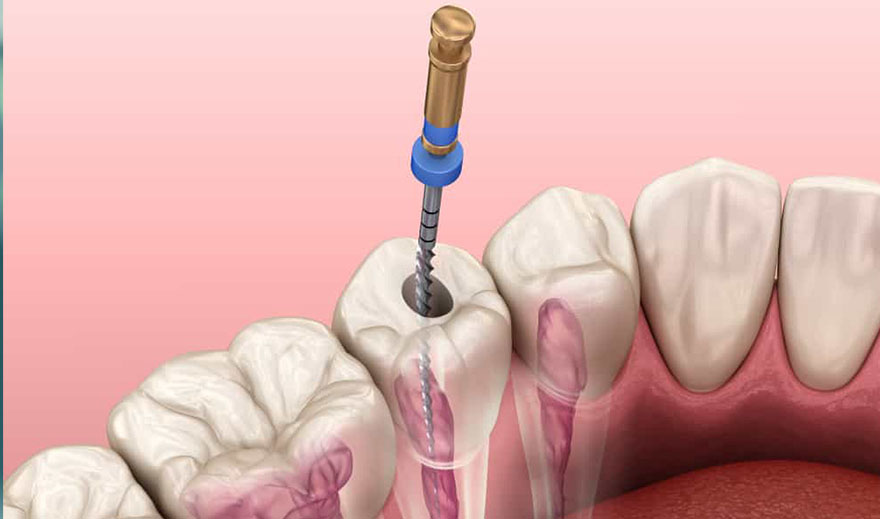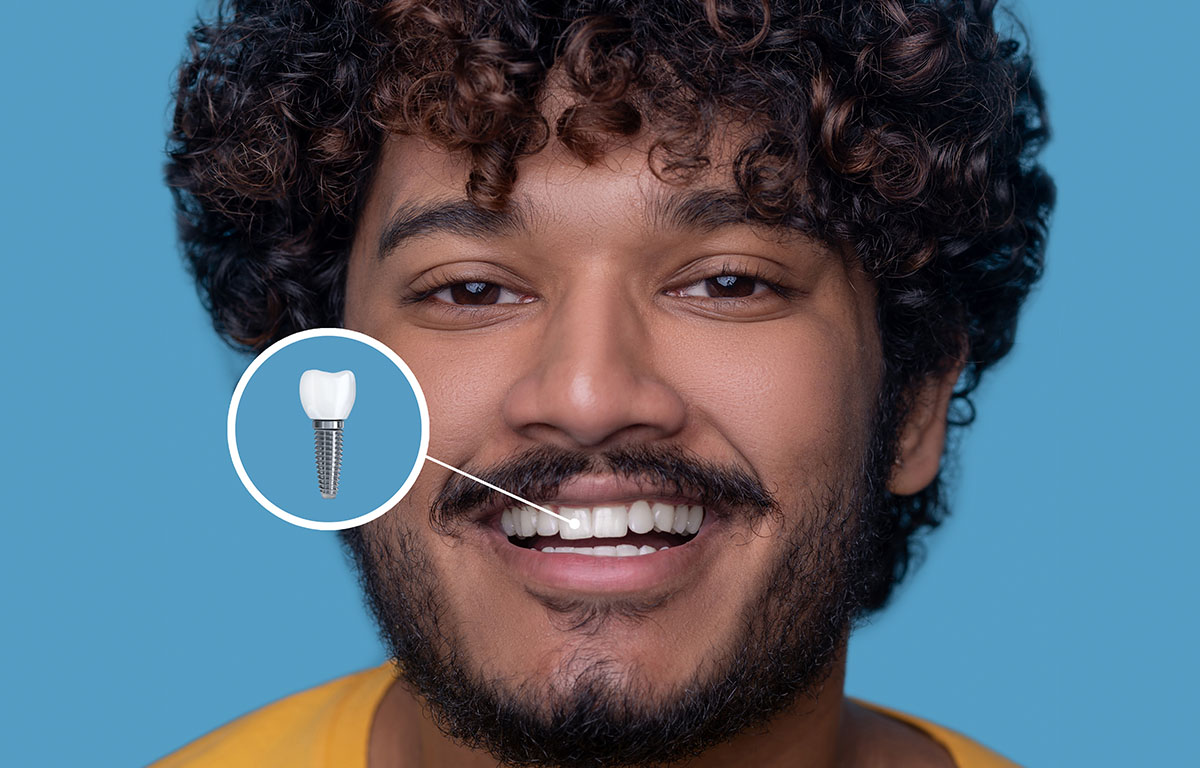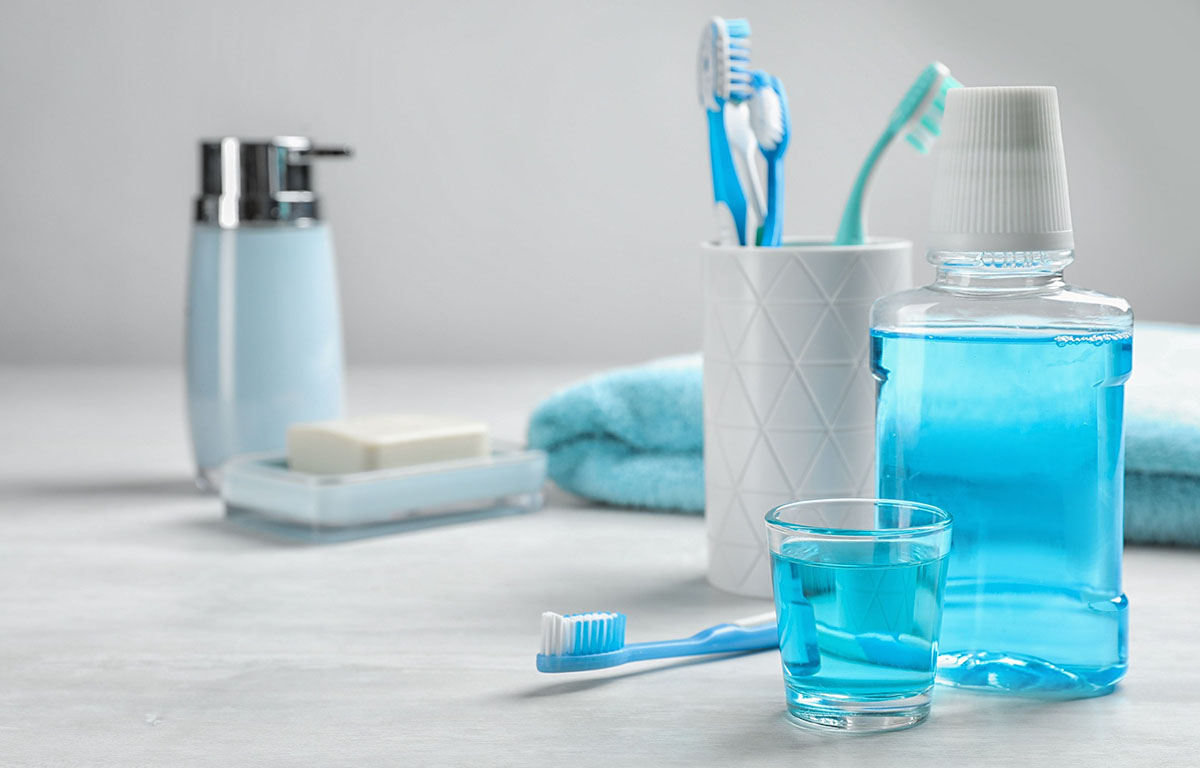
Root Canal Treatment at Antalya Dental Hospital, Turkey
Root Canal Treatment: What Are They, Benefits and Cost
Root canal treatment (endodontics) is a dental procedure used to treat infection at the centre of a tooth. Root canal treatment is not painful and can save a tooth that might otherwise have to be removed completely.
Relieve pain and save your natural tooth.
Many tooth problems like extensive decay or impact injuries, can lead to infection or death of the nerve tissue inside a tooth. This can lead to various symptoms like severe pain, increased sensitivity, swelling of the gums, bad breath or tooth discoloration.
A root canal treatment, also called endodontic therapy, is a safe and straightforward procedure that treats the inside of the infected tooth, relieves pain and saves your natural tooth.
Gentle and painless endodontic therapy.
The pulp which contains nerves are central to a tooth. An infected or inflamed pulp is often the cause of pain. During a root canal treatment, our microscopic endodontist at Dental Clinic Antalya carefully removes the pulp inside the teeth, disinfects the root canals and places a filling to hermetically seal the space.
Microscopic Endodontists
Our Root Canal Specialists are two of the Antalya’s most prominent leaders in the field of microscopic endodontics. Their specialized training, years of experience and expertise in using state-of-the-art dental microscope allows them to view the smallest details inside a tooth which means that you only get the best, most precise results. Patients who have had their root canal treatment done are often amazed with the level of comfort they experienced during their appointment.
Need more advice?
If you need free and impartial advice about your oral health, contact our Antalya Dental Hospital Helpline by email or call +90 242-999-1227 (local rate call in the Turkey).
Our Antalya Dental Hospital Helpline is completely confidential and has helped almost 20,000+ people. Contact our experts by telephone, email or online enquiry, Monday to Friday, 08:00 - 18:00.
Frequently Asked Questions About Dental Health
FAQs
Our FAQs are the most commonly-asked questions put to our Dental Helpline over the last year. If you have a question for us, you can ask our Dental Helpline by telephone or email. Alternatively, please take a look at our library of oral health information, which contains a wide range of oral health advice in an easy-to-understand Q&A format.
The amount of radiation received from a dental x-ray is extremely small. We get more radiation from natural sources, including minerals in the soil, and from our general environment.
With modern techniques and equipment, risks are kept as small as possible. However, your dental team will always take care to use x-rays only when they need to.
As you age, it becomes even more important to take good care of your teeth and dental health. One common misconception is that losing your teeth is inevitable. This is not true. If cared for properly, your teeth can last a lifetime.
Your mouth changes as you age. The nerves in your teeth can become smaller, making your teeth less sensitive to cavities or other problems. If you don’t get regular dental exams, this in turn can lead to these problems not being diagnosed until it is too late.
If you want to feel good, stay healthy, and look great throughout life, you might be surprised what a difference a healthy mouth makes.
Only minor adjustments can be made to the veneer after it is fitted. It is usually best to wait a little while to get used to it before any changes are made. Your dental team will probably want to check and polish it a week or so after it is fitted, and make sure that you are happy with it.
Placing an implant is often easier than taking a tooth out and is usually done using a simple local anaesthetic. You will not feel any pain at the time but, just like after an extraction, you may feel some discomfort during the week after the surgery.
Sometimes your dentist might give you a sedative if you are very nervous or if the case is a complicated one. General anaesthetics are rarely used for implants and are generally only used for very complicated cases.
Your Best Smile Starts Here
Follow along as Antalya Dental Hospital expert dentists share the latest oral health trends that impact you and your family’s overall health. Dentistry and Oral Health Blog is a rich source of information about dentistry, dental care, tips, news and more. Subscribe to our blog, newsroom and social media.







